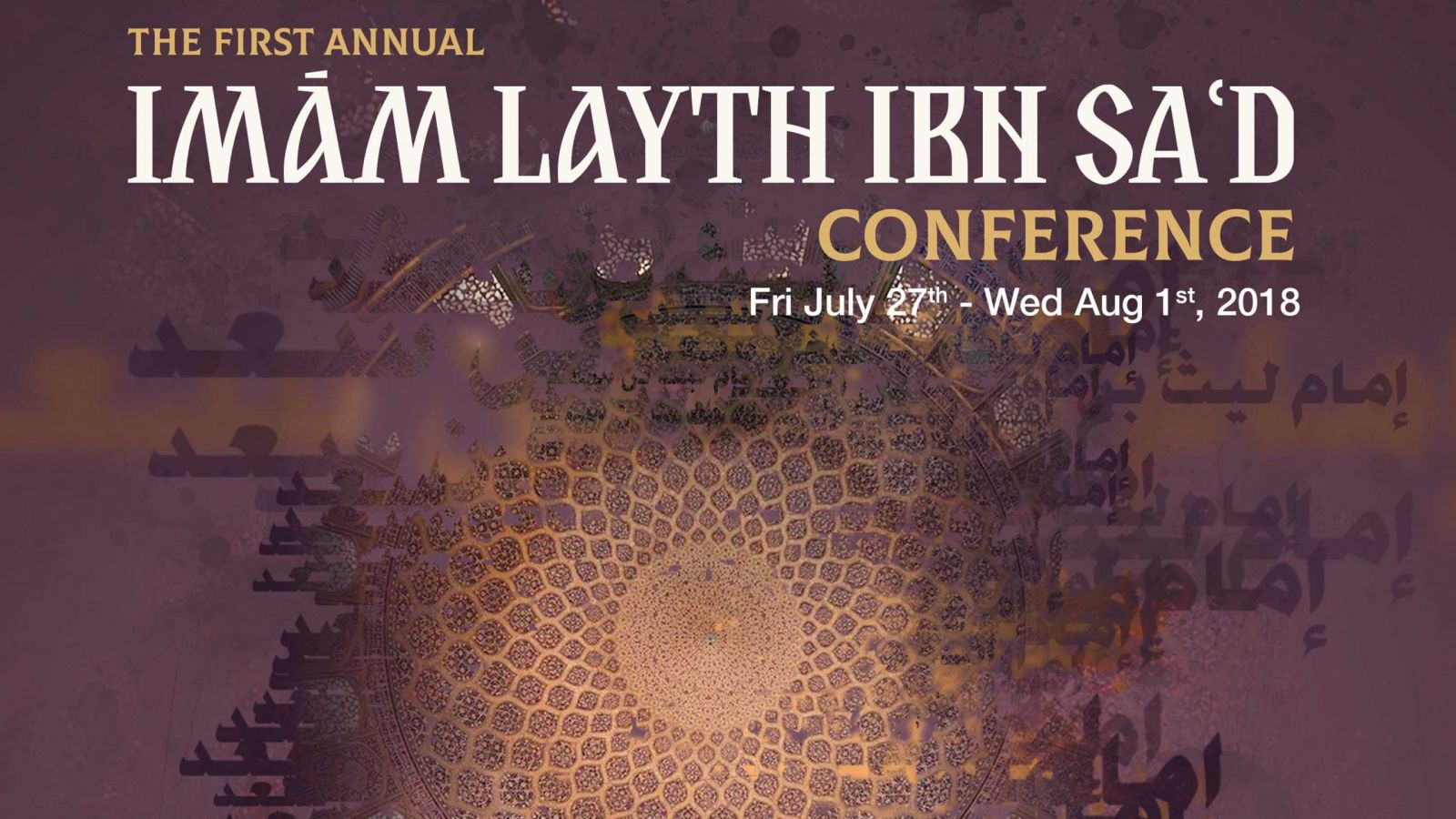The Beauty of Islām
Shaykh Muḥammad Ghālib al-ʿUmarī
A series of points briefly summarising the beauty and merits of Islām. The lecture took place in July of 2018 at Masjid al-Furqān (TROID) in Toronto, Canada.

From the points discussed:
- Islām unifies all good and beneficial guidance for mankind
- Islām recognises and requires Muslims to believe in all the Prophets and Messengers sent
- As the final revelation, Islām abrogates all which came before it (the Psalms, the Torah, the Gospel)
- Islām is balanced and palatable, moderate, not extreme
- Islam rejects all forms of extremist behaviour
- Islam disallows following superstitions
- Islam prohibits magic and sorcery
- Islām is built around truthfulness and uprightness
- Worship in Islām is easy, simplified, and provides an intimate connection between the created and the Creator
- Islām is established upon the shahādatayn (the two testimonies)
- Islām is built upon five pillars: testimony of faith (shaḥadatayn), prayer (ṣalāh), charity (zakāh), fasting (sawm), pilgrimage (ḥajj)
- From the examples of the simplicity of Islām: prayer is made standing but can be performed sitting (for the one unable to stand) or lying down (for the one unable to sit), all premised upon established texts (evidences) from the Qurʾān and the Sunnah
- Islām address social behaviour and interactions addressing rights in a detailed manner from those closest (relatives) to those in society at large
- Islāmic rights are not simply premised on reciprocity, they are built upon justice and seeking the approval of the Lord and creator (Allāh)
- Islām preserves life and and provides safety and security in society
- Islām governs the articles of legislated warfare with rules, justice and morality (behind legislated governments)
- Islām requires Muslims to call others to Islām with good manners and intelligent dialogue
- Islām requires those who are able, to give yearly charity (2.5%) to the needy (zakāh), this is a requirement of those who are able and a right of those who are entitled (to the charity)
- Islām emphasises strongly the rights of parents, in speech, in action, in obedience, whether they are Muslim or not
- Islām preserves the rights of the neighbours, honouring them, speaking to them kindly, assisting them (financially or with food for example) and respecting their privacy
- Islām encourages sincerity and helpfulness, helping one another as brothers and sisters
- Islām respects elders, revering them through kindness and servitude












